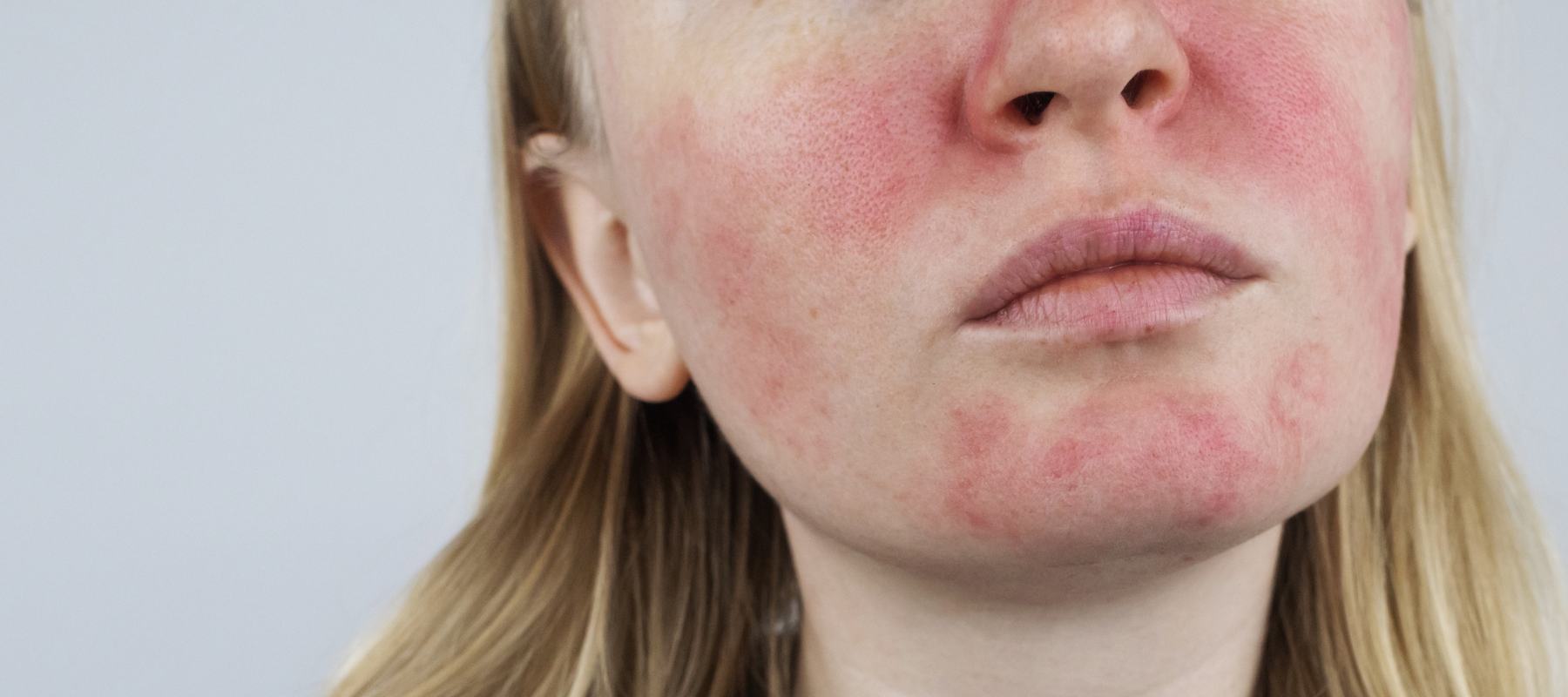
Understanding Rosacea Skin: Causes, Symptoms, and Effective Treatment
Rosacea is a common skin disorder that makes your face appear flushed and has visible blood vessels. Also, you may develop small, pus-filled pimples. These warning signs and symptoms could develop for a few days to several months before going away.
Moreover, people often confuse rosacea skin with acne, other skin issues, or even ruddiness that occurs naturally. The bad news is anybody can get rosacea. However, middle-aged white women are the group most likely to experience it.
Although no known cure for rosacea exists, therapy can manage and lessen the signs and symptoms. Treatment and diagnosis for rosacea skin condition may seem unpleasant to many. However, it will be simpler to deal with this issue the more you are aware of it.
What is rosacea, and how does it affect the skin?
Rosacea skin problem is an inflammatory skin ailment that typically impacts the face's centre, including the forehead, nose, cheeks, area above the lips, and chin. Additionally, it can expand skin tissue. When people think of rosacea skin, they usually picture a bulbous nose.
Also, rosacea redness on the face may come with prolonged redness, burning, tingling, flushing, burst capillaries, and enlarged pores. Papules and pustules are also possible. They typically persist longer than acne outbreaks as well.
Causes of rosacea and factors that trigger flare-ups
Causes:
There is no exact cause of rosacea. However, studies show that rosacea skin may be a cause of:
- The H. Pylori Bacterium Brings On An Infection. According to studies, those who have this illness may go on to acquire rosacea.
- Skin Mites In Microscopic Form (Demodex): The nose and cheeks of your body are home to a small, natural mite. Rosacea symptoms are brought on by having an excessive number of these mites.
- A Defective Protein. Your skin is protected from infection by the cathelicidin protein. You will have rosacea symptoms if the protein isn't functioning properly.
Also, a blood vascular, immunological, or nervous system disorder can cause rosacea.
Also read: Understanding Acne Rosacea: Causes, Symptoms, and Treatment
Trigger factors:
The symptoms of rosacea skin condition might flare up due to these trigger factors:
- Hot beverages and hot food
- Other alcoholic beverages, including red wine
- Exercise
- Emotions
- Wind or sun
- Unusual temperatures
- Blood vessel-dilating medicines, such as certain blood pressure medications
- Comedogenic cosmetic, skincare, and hair care items
If you're unsure what causes your rosacea symptoms, keep a track of the food intake, drinks, and skincare products. Also, track the activities you engage in over a few days to a few weeks and how they affected your skin on that particular day.
By doing so, you can identify potential triggers for your symptoms. You can lessen the frequency of flare-ups by avoiding the things that set off your symptoms once you've identified them.
Common symptoms of rosacea skin
- A Flush Or Blush On The Face. In the middle of your face, rosacea can lead to chronic blushing or flushing. This conditional sign could be challenging to see on brown and Black skin.
- Vessels That Are Readily Seen. Your nose and cheeks' tiny blood vessels can rupture and show as spider veins.
- Bumpy Swelling. Acne-like blemishes often appear on rosacea sufferers. Sometimes, there is pus inside these lumps.
- Sense Of Burning. It's likely that the rosacea skin may feel warm and painful around the affected area.
- Vision Issues. Dry, swollen, puffy, and itchy eyes and eyelids are common rosacea symptoms.
Managing rosacea skin and minimising symptoms
Although there is no known skin treatment for redness from rosacea, you can manage it and reduce flare-ups. When going outside and exposing your skin to UV rays from the sun, exercise caution at all times. Rosacea symptoms can worsen by sunlight, and sun damage might make it difficult for your skin to recover from an attack.
Apply the best-in-class sunscreen, like The Pink Foundry’s Mineral Matte Tinted Sunscreen, liberally and frequently throughout the day. You can also wear UV-protective clothing and accessories to protect your skin from the sun. Using the best non-comedogenic products is the best approach towards your rosacea skincare.
Also read: Necessity or not: Is sunscreen a necessity for skin?
Lifestyle changes to support healthy skin with rosacea condition
If a person relies on the following lifestyle changes in addition to medical therapies, they may help reduce symptoms:
- Refrain from touching or rubbing your face. Use a mild cleanser to wash your face, and avoid products with irritants or alcohol.
- Avoid products that cause acne. These prevent the openings of the sweat and oil glands.
- Use a lightweight & hydrating moisturiser to keep the skin hydrated. Use The Pink Foundry’s Waterlight Gel Moisturiser 72-Hour Hydration for the best, long-lasting results.
- Before moisturising, give topical treatments time to dry.
- When outside, use a broad-spectrum sunscreen.
- Use a ski mask or a scarf to cover your face when cold outside.
- Steer clear of severe temperatures.
- Avoid eating and drinking things that could start an epidemic.
- If a doctor hasn't prescribed over-the-counter steroid creams, avoid them. In the medium to long term, these may cause symptoms to worsen.
- When shaving, use an electric razor because it is less prone to cause flare-ups than a traditional razor.
Conclusion
Rosacea is a persistent skin inflammation. Flushing of the face, thickening of the skin, and sensations in the eyes are symptoms. People can use medication to address the symptoms even if there is presently no cure. However, the best rosacea skincare practices with lifestyle changes can help you manage and control the condition effectively.
FAQs:
When should I schedule a visit with my doctor?
If you experience rosacea signs or symptoms, especially if they are painful or uncomfortable, see your doctor right away.
How long does rosacea last?
Although there is no known cure for rosacea, there are treatments that can lessen symptoms and flare-ups.
What causes rosacea most often?
According to some doctors, rosacea may be greatly influenced by anomalies in the blood vessels of the face.






















































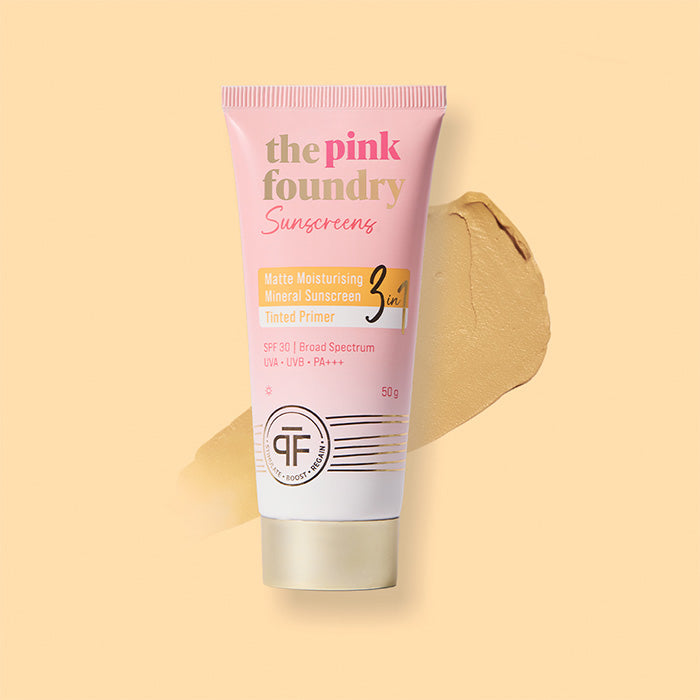
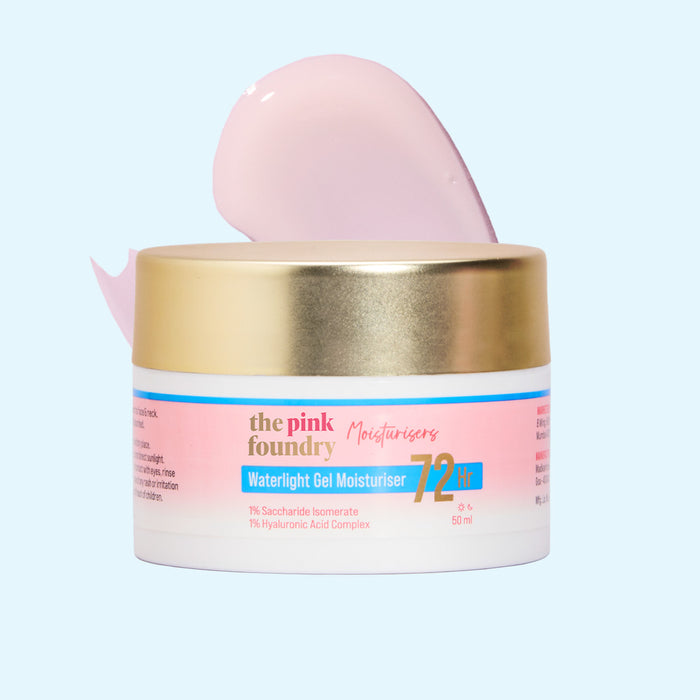
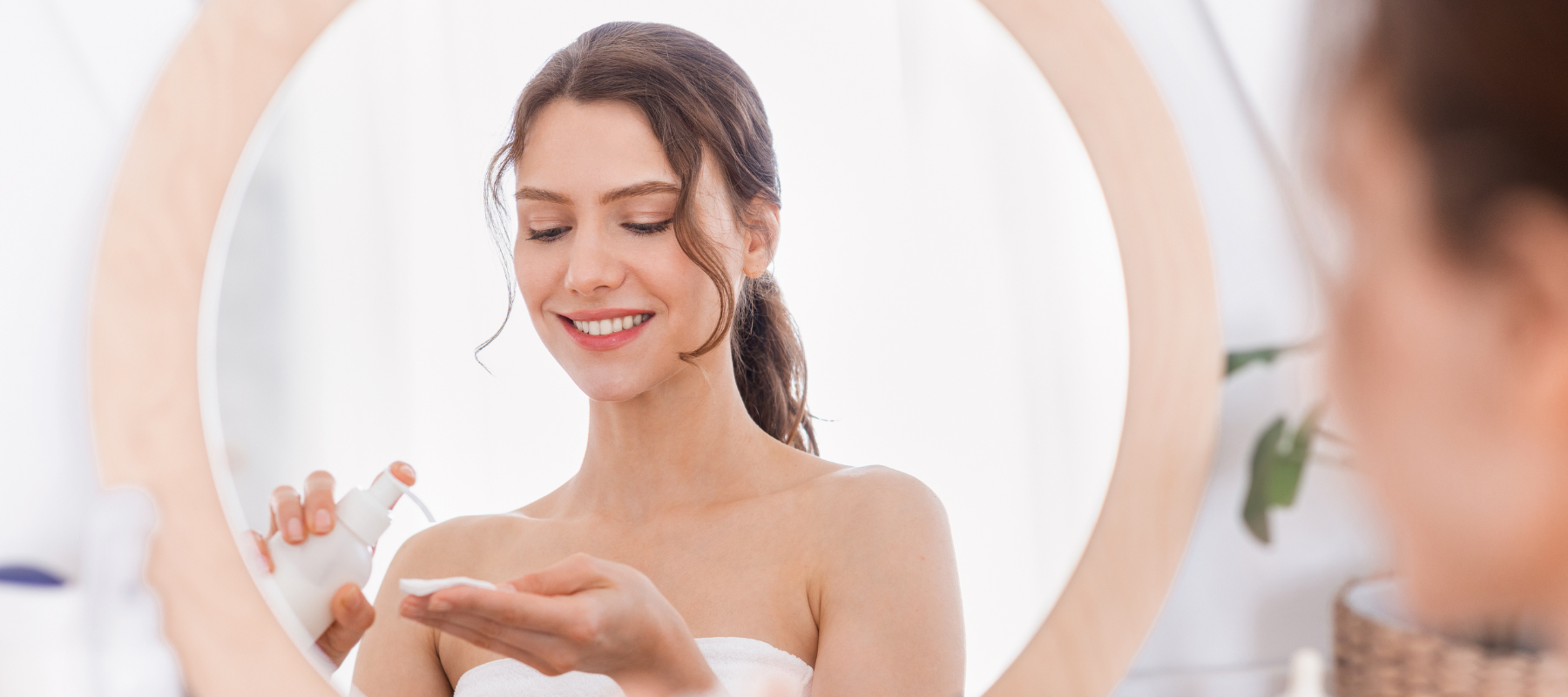

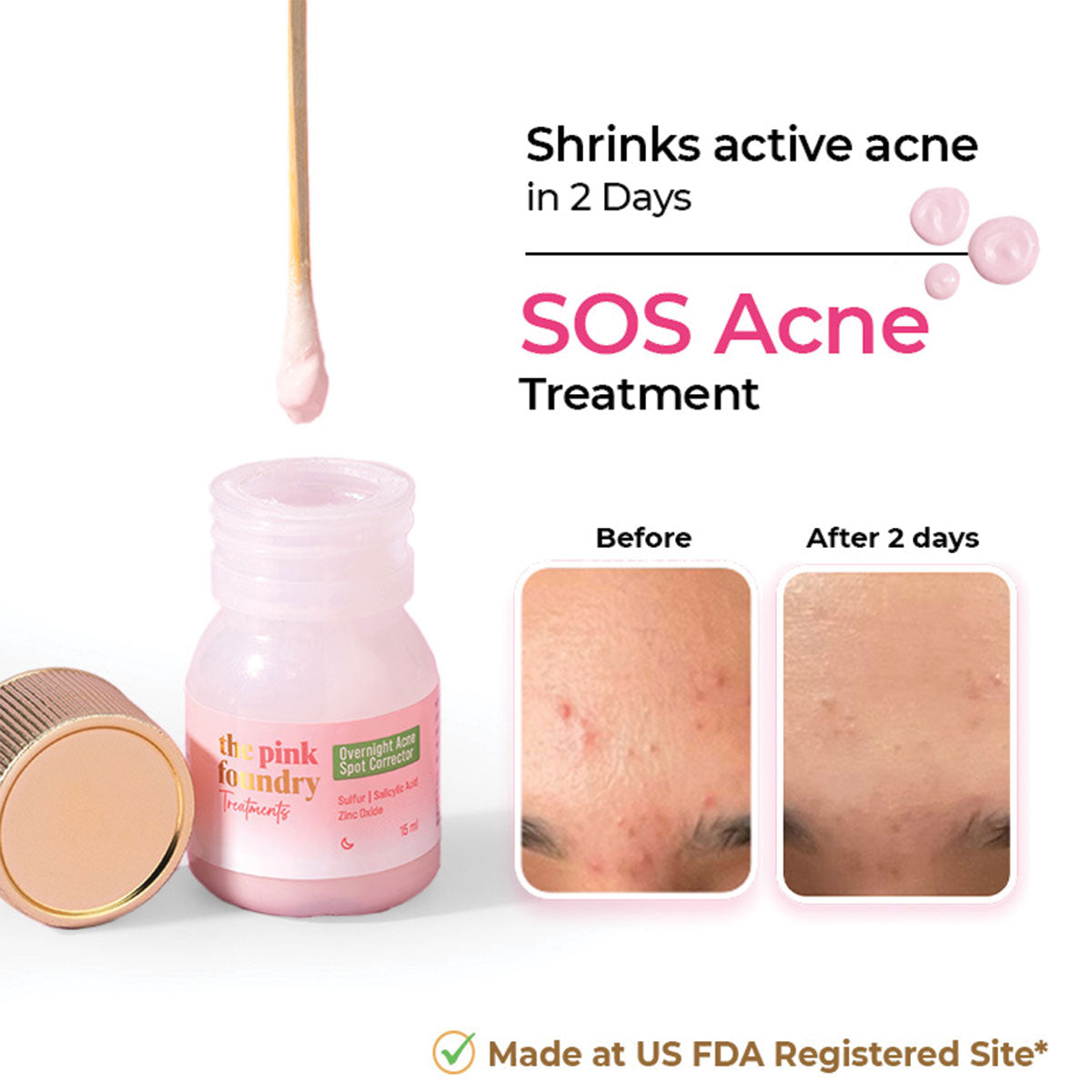
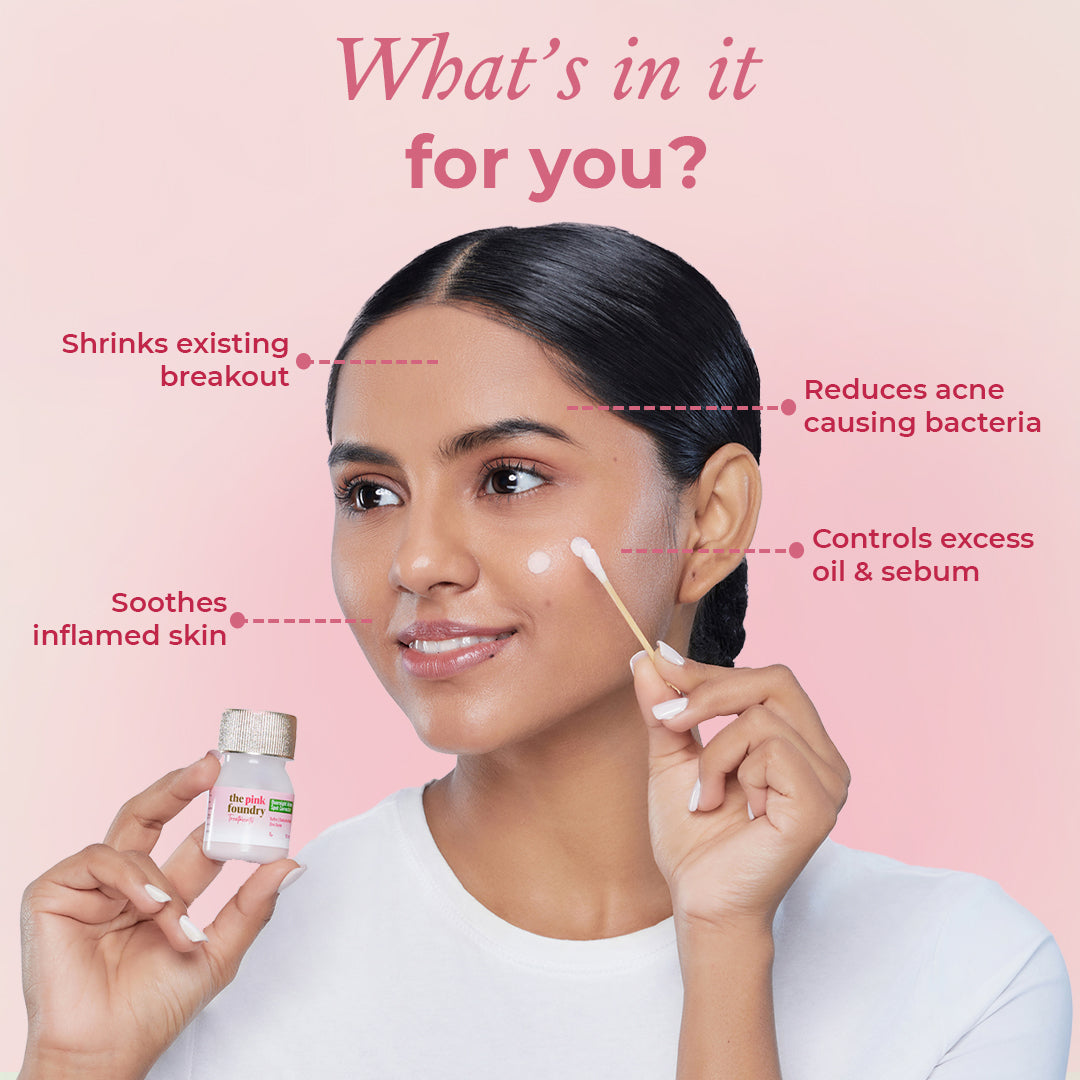


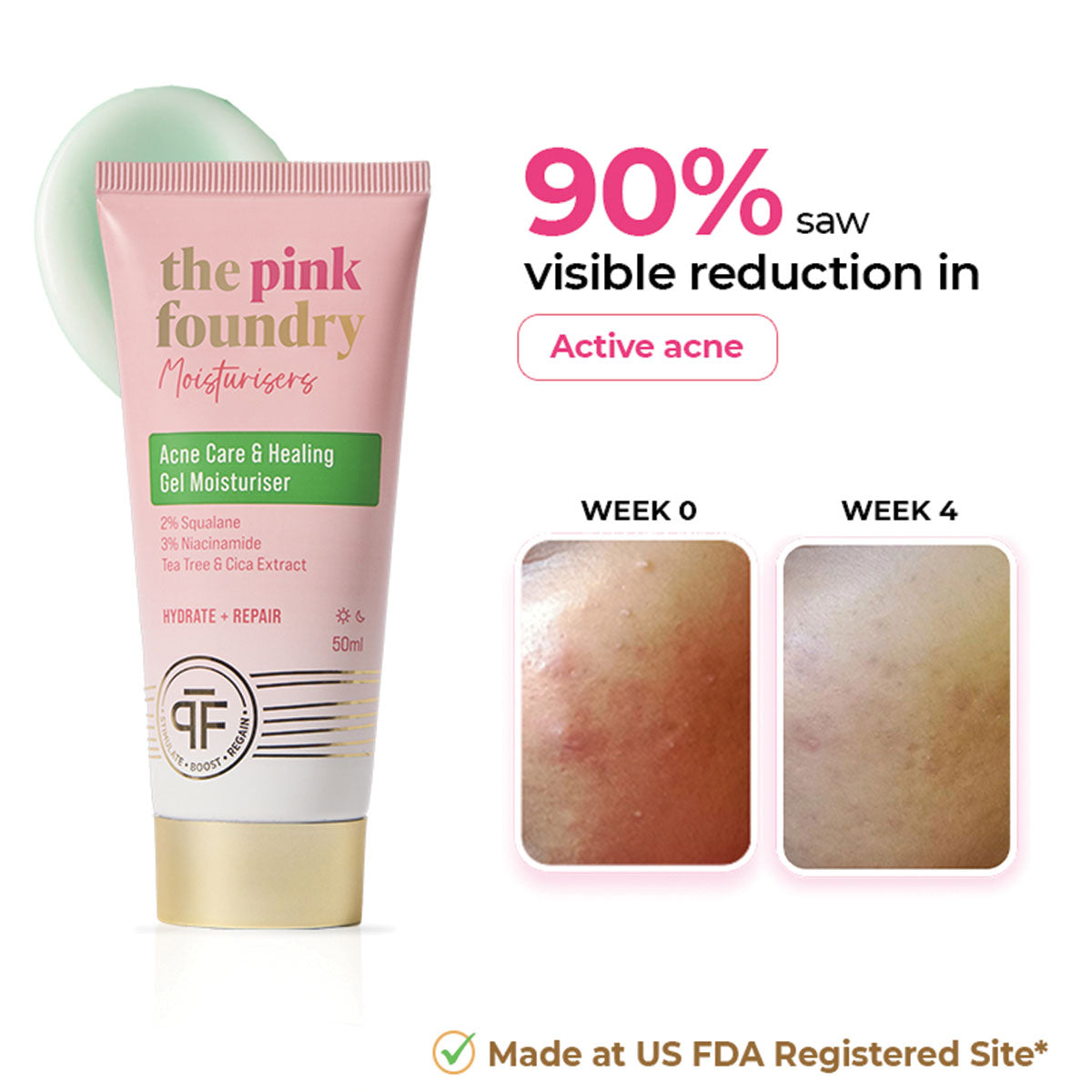
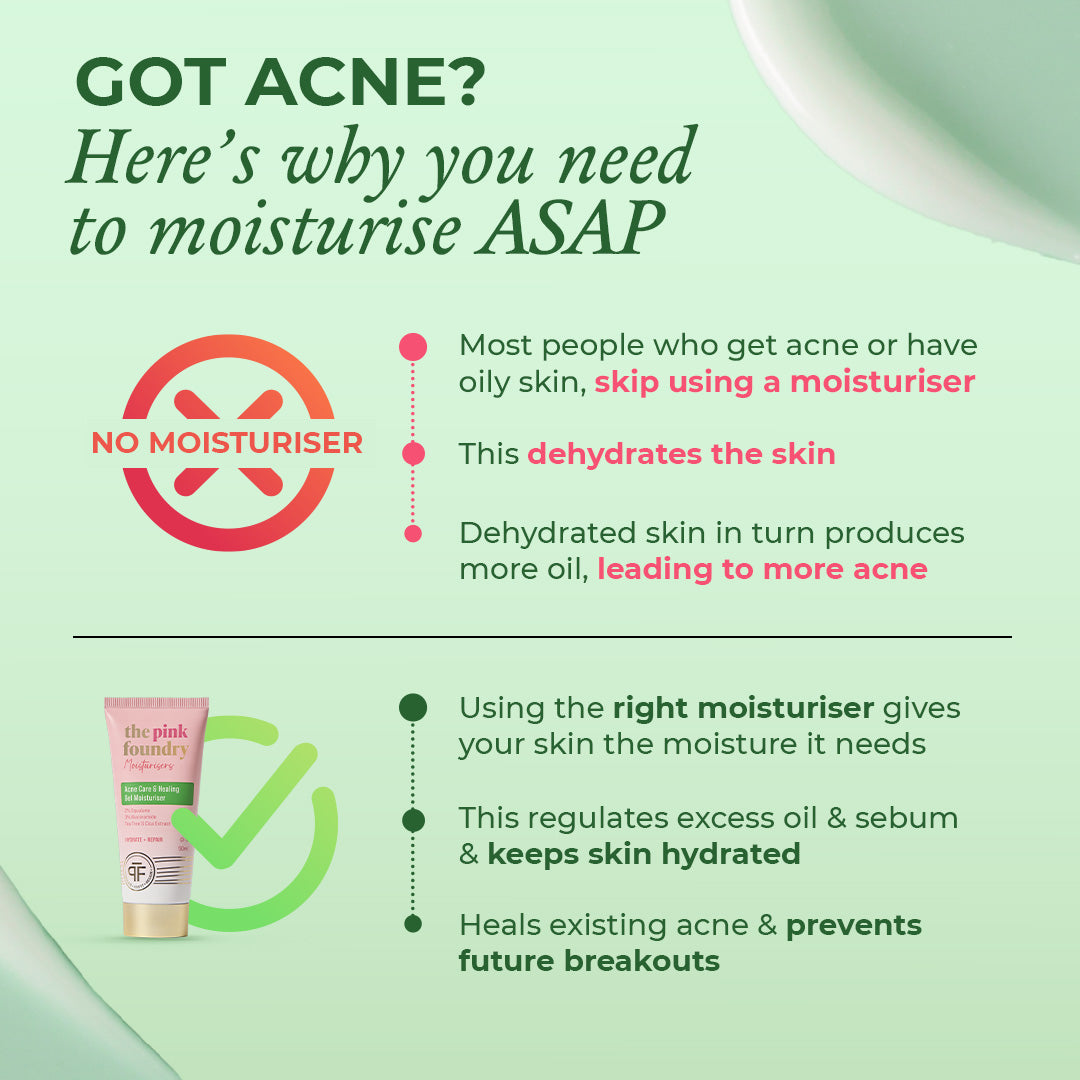










Leave a comment
This site is protected by hCaptcha and the hCaptcha Privacy Policy and Terms of Service apply.